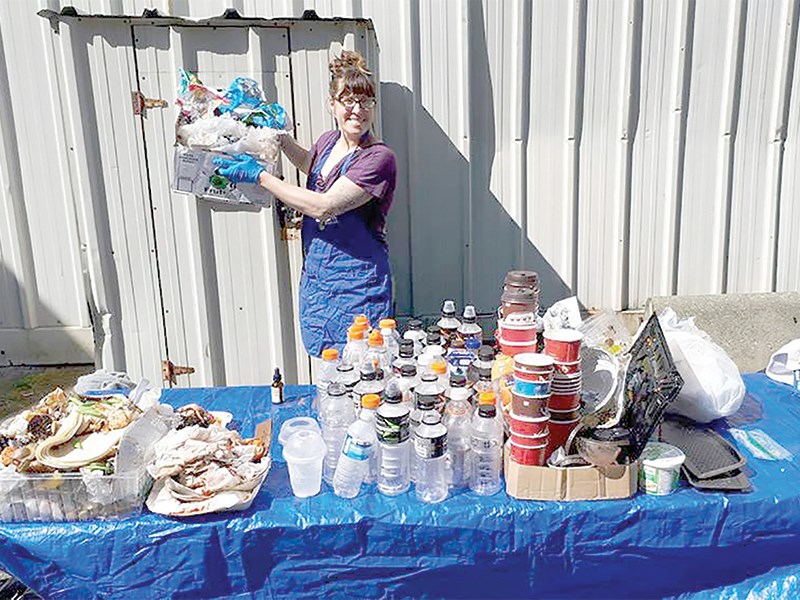We have all done it, either secretly, or in full light of day: tossed something in the trash we knew should have gone somewhere better.
Maybe that somewhere was to a thrift store to become someone else’s treasure, the recycling depot to be transformed into a new container or maybe just out to the backyard composter to feed the worms.
We know better, but what will it take to make us do better? What if our trash was audited like our tax returns?
In Powell River, these are the dirty little secrets our trash cans would reveal:
• 45 per cent compostable materials
• 35 per cent recyclables
• 20 per cent actual garbage
Clearly, we need to clean up our act. A great place to start is with a compost bucket in the kitchen. If you are unable to compost at home, simply bring your lidded bucket to Town Centre Recycling Depot (next to Rona Building Centre) for free disposal. This small change can reduce your curbside garbage by almost half overnight.
The next biggest piece of the pie is recyclables. Start by separating out beverage containers, which you will be rewarded for with cash if taken to the Return-It depot on Duncan Street. Most other recyclables, including glass and styrofoam, are accepted at recycling depots.
Containers and paper are accepted through curbside recycling. If in doubt, take a moment to brush up on the what and where of local recycling by browsing through your Waste Wise Guide calendar, which is available online at letstalktrash.ca.
The guide also includes a recycling directory for hard-to-recycle items such as small appliances, electronics, paint, lightbulbs and batteries.
When it comes to the truth of our trash can, the unmistakable auditor is the well-being of planet Earth. In the end, we will be accountable for our good or bad habits, so let’s aim to stay in the black or, in this case, green.
Let’s Talk Trash is Powell River Regional District’s waste-management education program.



